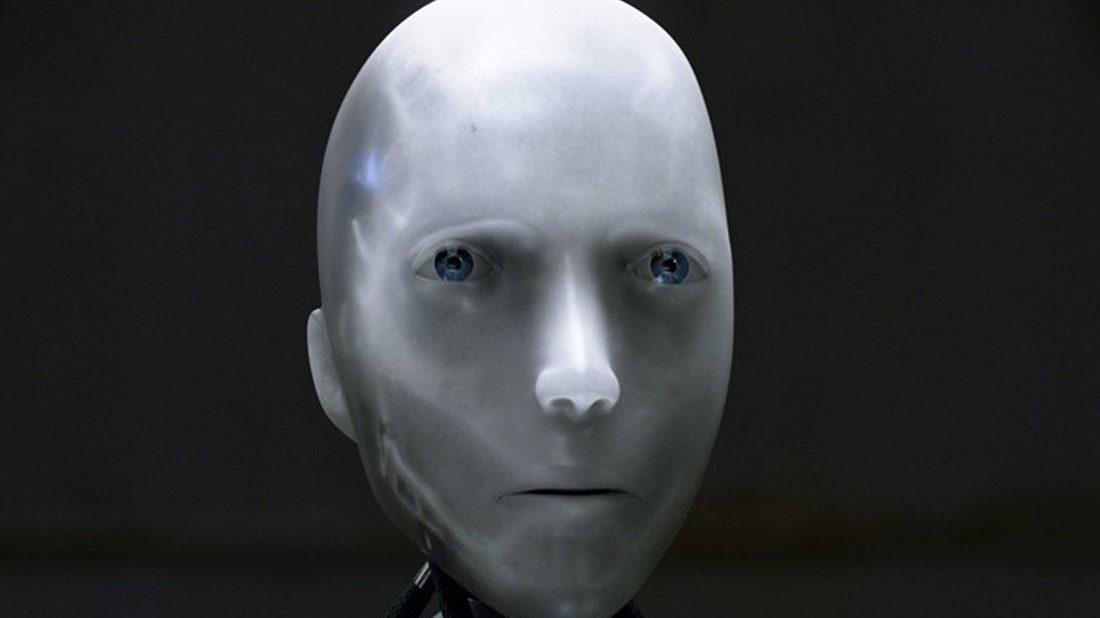
24 Mar Who Are We?
I read a thought-provoking post this week by Orthodox Jewish savant and author, David Goldman. He was commenting on the death of a pedestrian, run over by an automated Uber self-driving car. This sent shock waves through the self-driving car industry, which has been gathering steam in the past few years.
Goldman’s point seemed to me to be quite profound. The AI take on Life is that the human being is just some kind of machine, differing only from present-day machines by the ‘wet-ware’ of our components. To which Goldman observed,[/vc_column_text]
If the brain is merely a machine that white-coated lab techs can measure and manipulate like any other machine, and if machines can be programmed to emulate the human brain, then human existence has no purpose. Our destiny is fixed in the same way that the paths of the planets and the orbits of electrons are fixed, and our free will, moral responsibility, devotion to the past and regard for the future are the random effluvia of a deterministic process. If that is the case, then it doesn’t matter what we do.
This week, in addition to reading Goldman, I also watched ‘I Robot’, the film based on Isaac Azimov’s (1950) novel. The heart of the film’s story is the emergence of robot consciousness and conscience. The question asked is whether a machine, once capable of making moral life-and-death choices, could be capable of anything at all, including imprisoning and killing vast numbers of people to save humanity from itself.
There is, as Goldman points out, a plethora of such films these days. Our entertainment products seem entranced by AI themes and the reason is because our wonder, doubt and fears about our own self-consciousness is an itch that we just have to keep scratching until it bleeds.
One response to this question of what is the purpose of human existence in a materialistic world is radical self-determination, for an individual’s ability to choose is all that’s left of morality in the materialistic wasteland of the soul. From this are arising many shifts in the way we think about ourselves, including the view that the highest of all virtues is to support other people’s self-determination, no matter how self-destructive. An egregious example is granting irrevocable gender-altering surgery to children.
The cult of self-determination has been rising for decades. I am reminded as I write of the Masters Apprentices’ (1971) song, ‘It’s because I love you’ with the memorable hook, ‘Do what you wanna do, be what you wanna be. Yeah!’
Here’s the thing. If Goldman is right, and the present-day culture of of self-determination is a symptom of our collective efforts to stave off the horror of nihilism, then we need to grasp that the whole enterprise of self-determinism, while attempting to manage and somehow to contain the threat posed by the idea that it doesn’t matter what we do, nevertheless has absorbed it as one of its core precepts. The Brave New World built upon the principles of materialism and self-determinism is at great risk of embracing deadly morality on an industrial scale, as communism did again and again.
What this means in practical terms is that a society which whole-heartedly embraces self-determinism as the identity of its soul truly could become capable of anything. And that is something to be troubled about.
While I contemplate all this I am reminded of the power of Jesus’ message. It is built upon a completely different understanding of the human being, that we are not just collections of atoms and whirling electrons, but are moral and spiritual beings made in the image of God. Our true freedom is to be found, not in radical self-determination, which is freedom’s counterfeit, but in liberation from the actual, real power of evil. To realize this can be the first step in a exodus out of the approaching darkness, to the cross and the empty tomb. It is this journey of freedom that we at Oaktree Anglican are remembering and walking during this Holy Week.


No Comments